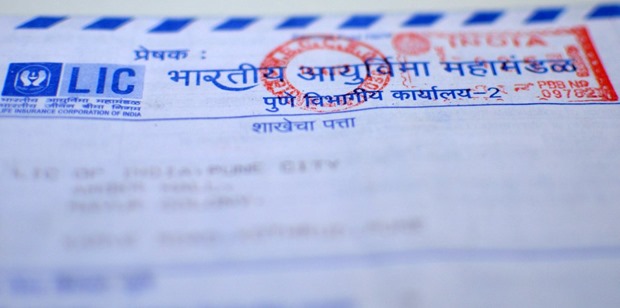Insurance Bill Passed, 49% FDI Approved, Rs. 60,000cr Investment Expected

Congress and BJP both joined forces to pass one of the most historic economic reforms bill in the Insurance sector, which will now allow foreign direct investors to infuse upto 49% in the Indian insurance companies. As per industry watchers, this single amendment in the Insurance Bill can result in investments upto Rs 60,000 crore ($10 billion).
The bill has been passed in Rajya Sabha, which was approved by Lok Sabha in March 4th. Earlier, FDI had a limit of 26%, which has been increased to 49% via amendment in the Insurance Laws Bill. Now, once the President of India signs the pact, it will became an Act.
After the bill was passed, Minister of State for Finance, Jayant Sinha said, “Insurance is a capital-intensive industry. The insurance companies need to provide for future claims. If we provided legislative assurance and stability, foreign capital will come in which will help in expanding the insurance coverage in the country,”
It is indeed a case of rare consensus when two of India’s biggest political party joined forces to let through an important economic reform bill. This amendment also allows foreign investors to invest in pension funds, which were not allowed earlier. Section 24 of the Pension Fund Regulatory and Development Authority (PFRDA) Act is directly linked with the FDI in insurance sector, and thus, pension funds also come into the 49% FDI rule.
Although 49% investment has been allowed, the Insurance Bill mandates that the management control lies with Indian nationals only.
Corporates Are Super Happy
Insurance industry and the corporate world in general, has welcomed this decision and has expressed confidence that this will help the overall market to bring in more capital and more progress.
Bharti-AXA: Sunil Mittal has already announced that their foreign partner AXA in their joint venture Bharti AXA Life and General Insurance will increase their stake to 49% now.
Max Bupa Health Insurance: Rahul Khosla, MD of Max India has also announced that Bupa, their foreign partner will increase their stake to 49% in their venture.
Some smaller Insurance players can now raise IPO with the help of foreign investors
Sam Ghosh, CEO of Reliance Capital said, “This is expected to bring in $8-10 billion capital in the industry which will in turn help the industry to significantly improve insurance penetration in the country,”
Shashwat Sharma, Partner at KPMG India has said that the new Insurance Bill will help infusion of Rs 20,000 crore per year into the Indian insurance market.
Another major step would be thrust into EU-India Bilateral Trade and Investment Agreement (BTIA) negotiations, which have been going on since 2007. EU were asking the Indian Govt. to allow more FDI for finalizing BTIA, and now it is being speculated that the deal would be finalized very soon.
US India Business Council, a powerful association of businessmen from both the countries have also welcomed the decision and hailed it as one of the most progressive steps of the Indian Govt.
USIBC president Dr Mukesh Aghi said, “The opening of India’s insurance sector sends a crystal clear signal that India is open for business at a time when economic opportunity is certainly welcome,”
Sandeep Bakhshi, MD and CEO, ICICI Prudential Life said, “It indicates the intent of the government to push the economic revival agenda forward. As the Indian insurance industry expands there will be a need for additional capital in-order to build this scale. The increased FDI limit will provide the much needed flexibility to raise this capital,”
Tarun Chugh, CEO of PNB MetLife Insurance also welcomed this decision and said, “FDI not only brings in capital and foreign exchange immediately into the economy but also enables companies to invest further in managerial ability, technical knowledge, administrative organization and innovations in products and production techniques.”
SBI Life, which a 74:26 JV between SBI and BNP Paribas Cardiff is also rejoicing. Arijit Basu, MD of SBI Life said that BNP is now interested in raising their stake.
What It Means for the Customers?
Though there are no instant benefits for the end customer, in the long run, they are all set to benefit from this decision. Right now, insurance premium penetration is dismally low at 3% of the GDP, against global average of 8%, and by introduction of more FDI, awareness and information about insurance will be increased.
Moreover, as more players offer their insurance plans, the end customers will get better service and more options, translating to better insurance and better value for money.
It’s a win-win situation for both the corporates and end customer.

what is new in GENERAL INSURANCE COMPANY IN INDIA AFTER foreign direct investors to infuse upto 49% in the Indian insurance companies.